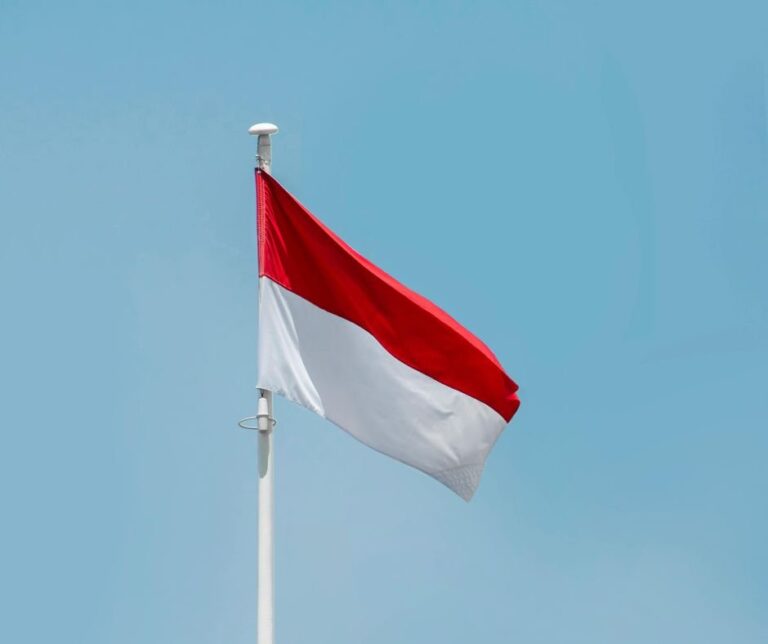Indonesia is poised to make significant progress in transforming its energy sector with the implementation of 15 carbon capture and storage and carbon capture and storage utilization and storage (CCS/CCUS) projects by 2030.
The Indonesian Ministry of Energy and Mineral Resources (ESDM) has set the ambitious target in a bid to reduce carbon emissions and mitigate the impact of climate change.
Ariana Soemanto, director of upstream oil and gas business development, pointed out that Indonesia has the largest sedimentary basin in Southeast Asia, providing ample opportunities for carbon storage.
The country has vast potential for carbon storage resources, with a capacity of 573 gigatonnes in saline aquifers and 4.8 gigatonnes in suspended oil and gas reservoirs spread across Sumatra, Java, Kalimantan, Sulawesi and Papua.
Relevant: Indonesia begins construction of pioneering carbon storage project
Ariana Soemanto mentioned on Tuesday (July 2) that Indonesia currently has about 15 potential CCS/CCUS projects aiming to be operational between 2026 and 2030. The government is focusing on two specific basins, the Sunda Asri and Bintuni basins, which will be used as CCS hubs in East Asia and Australia.
In order to contribute to the advancement of these decarbonization technologies, the government has put in place a series of measures.
These measures include the creation of a National CCS/CCUS Centre of Excellence in collaboration with research organisations and academic institutions, strengthening global partnerships within the CCS/CCUS industry and creating additional regulations and policies.
Learn more: Singapore, Indonesia sign letter of intent on cross-border carbon capture
Ariana also clarified that the CCS program in Indonesia is divided into two separate routes.
The first option involves the implementation of the CCS under the Oil and Gas Cooperation Agreement, which allows the Contractors of the Cooperation Agreement to propose CCS business plans under POD I, the current POD or revisions. On the other hand, the second option allows the development of the CCS as a stand-alone enterprise through the obtaining of an exploration permit and an exploitation permit for the carbon storage injection area.


